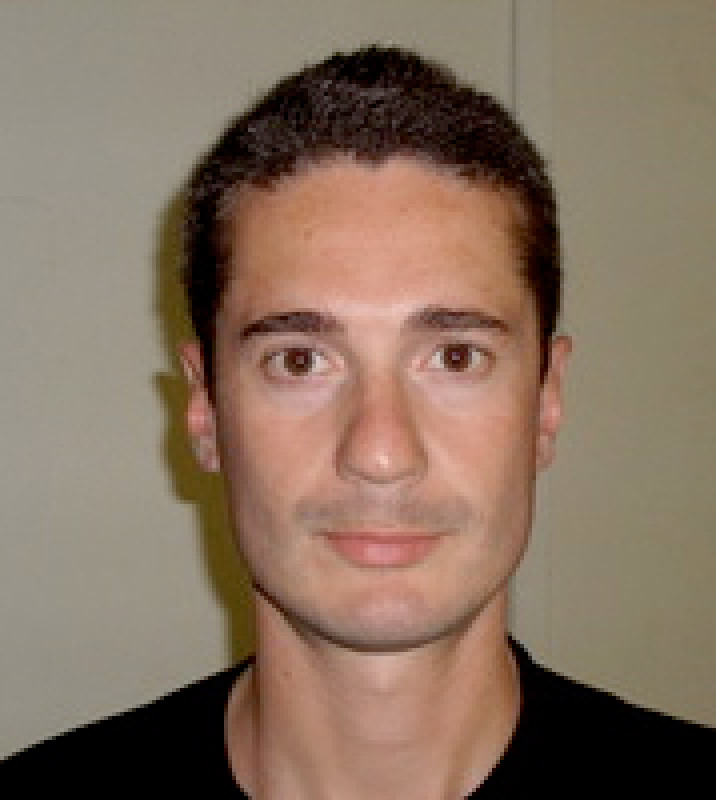KLI Colloquia are invited research talks of about an hour followed by 30 min discussion. The talks are held in English, open to the public, and offered in hybrid format.
Join via Zoom:
https://us02web.zoom.us/j/5881861923?omn=85945744831
Meeting ID: 588 186 1923
Spring-Summer 2026 KLI Colloquium Series
12 March 2026 (Thurs) 3-4:30 PM CET
What Is Biological Modality, and What Has It Got to Do With Psychology?
Carrie Figdor (University of Iowa)
26 March 2026 (Thurs) 3-4:30 PM CET
The Science of an Evolutionary Transition in Humans
Tim Waring (University of Maine)
9 April 2026 (Thurs) 3-4:30 PM CET
Hierarchies and Power in Primatology and Their Populist Appropriation
Rebekka Hufendiek (Ulm University)
16 April 2026 (Thurs) 3-4:30 PM CET
A Metaphysics for Dialectical Biology
Denis Walsh (University of Toronto)
30 April 2026 (Thurs) 3-4:30 PM CET
What's in a Trait? Reconceptualizing Neurodevelopmental Timing by Seizing Insights From Philosophy
Isabella Sarto-Jackson (KLI)
7 May 2026 (Thurs) 3-4:30 PM CET
The Evolutionary Trajectory of Human Hippocampal-Cortical Interactions
Daniel Reznik (Max Planck Society)
21 May 2026 (Thurs) 3-4:30 PM CET
Why Directionality Emerged in Multicellular Differentiation
Somya Mani (KLI)
28 May 2026 (Thurs) 3-4:30 PM CET
The Interplay of Tissue Mechanics and Gene Regulatory Networks in the Evolution of Morphogenesis
James DiFrisco (Francis Crick Institute)
11 June 2026 (Thurs) 3-4:30 PM CET
Brave Genomes: Genome Plasticity in the Face of Environmental Challenge
Silvia Bulgheresi (University of Vienna)
25 June 2026 (Thurs) 3-4:30 PM CET
Anne LeMaitre (KLI)
KLI Colloquia 2014 – 2026
Event Details

Topic description / abstract:
The human mind has co-evolved with the socio-ecological environment (Clark & Chalmers,
1998). In such co-evolution, learning has played a major role as demonstrated by the
scientific literature, for instance in Cultural Evolution (Mesoudi, 2011) and Socio-Ecological
Systems (SES) (Folke et al., 2002; Folke et al., 2005). However, in our accelerating society
based on increasing levels of complexity of knowledge (noosphere’s complexity), learning
may not be sufficient anymore. I therefore propose to focus on pedagogy instead.
While learning can be defined as information acquisition and/or adaptation, pedagogy goes
beyond that. I define pedagogy as a cultural technology evolved to a) increment cognitive
power and self-enhancement capacity (autocatalytic function); b) select and distribute
knowledge, c) form systems’ identity and awareness; d) contribute to systems’ governance
(teleological function; the words education and pedagogy mean “to lead”, “to conduct”, “to
steer”).
I assert that pedagogy can play a structural role in future cultural evolution and can help
improve the sustainability of the mind-environment co-evolution. By adopting embodied
cognition theory, systems theory and evolutionary thinking, I will theoretically investigate two
aspects rather overlooked so far:
a) The role of pedagogy (as cultural technology) in SES’s governance in the transition
towards sustainable wellbeing: Scholars suggest that human communities should increase
their self-governance capacity while at the crossroads of different models of human
development (Steffen et al., 2015; Jørgensen et al., 2019). The industrial model adopted so
far nowadays represents a great risk for SES’s equilibrium. A number of formal and informal
collective agents – e.g. United Nations, OECD and FridaysForFuture – have been providing
new models, namely “Beyond GDP”, “Quality of Life” and “Sustainable Development”
(Francesconi et al., submitted). I will study the paideutic properties of these extended and
enactive cognitive networks in promoting SES’ governance towards a sustainable mind-SES
co-evolution.
b) The role of pedagogy (as a theory of education and an academic discipline) in cultural
evolution science: It has been proposed that cultural evolution could inform and even
synthesize the social sciences (Mesoudi, 2011). However, hardly any mention of the role of
pedagogy and educational science is usually made. I will review the “natural vs. cultural
pedagogy” debate (Csibra and Gergely, 2011; Heyes, 2016) and move forward to elaborate
an original epistemological approach for an evolutionary oriented educational theory.
Biographical note:
Denis Francesconi is M.Ed. in Educational Science, Ph.D. in Cognitive Science and Education, Marie Sklodowska-Curie Postdoc. Education scientist and theorist, he studies human development through education, that is how humans domesticate, cultivate and enhance themselves. Specific areas of interest are: embodied and enactive cognition, quality of life, systems theory, organizational learning.


